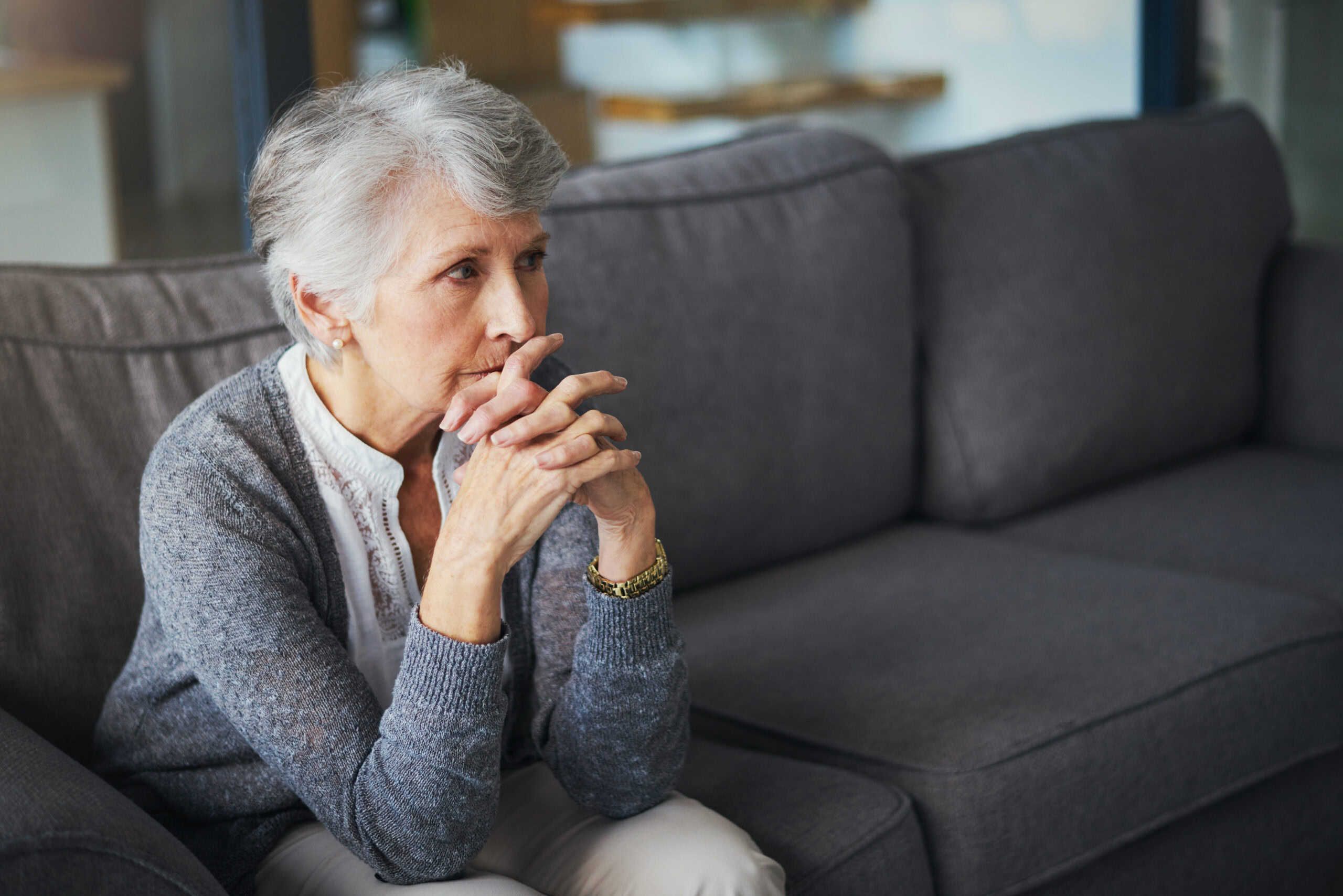Seniors
Want to learn more about this at Kettering Health?
At a Glance
Q: How can seniors manage anxiety effectively?
A: Support systems, physical activity, and professional care can help reduce anxiety and improve overall well-being.
- Anxiety affects 1 in 4 senior adults.
- Untreated anxiety can lead to serious health problems.
- Learn ways to manage anxiety and seek help.
Approximately 1 in 4 senior adults suffer from an anxiety disorder, according to Kettering Health Years Ahead Physician Dr. Carlos Ventura.
And many of them probably don’t even know it.
Dr. Ventura explains the unique causes of anxiety for seniors and what subtle symptoms to watch out for.
The unique causes of anxiety
Anxiety caused by things like finances, life experiences, and family history can be common for any age group. But for seniors, illnesses can be a major factor.
Fears surrounding chronic illnesses, like cancer or arthritis, can cause overwhelming stress. These worries can also be increased when that person lives alone, like many seniors do.
In addition, many seniors still struggle with the aftermath of the COVID-19 pandemic. For someone with a weaker immune system, there can be a lot of stress around catching COVID-19 or illnesses like it, as well as managing the symptoms.
“We just went through this horrible, horrible pandemic with tremendous amounts of stress,” says Dr. Ventura. “And it’s not completely gone. People are still afraid.”
Many seniors deal with these stresses, but few may realize they are suffering from an anxiety disorder. And the signs can be subtle.
Subtle signs
Anxiety can often go undiagnosed for years as people struggle with symptoms without knowing what they mean.
“The key is to recognize it as a problem first,” says Dr. Ventura. “It’s not normal. It’s actually very unhealthy.”
Look out for subtle signs of anxiety, such as
- GI issues
- Insomnia
- Nausea
- Preoccupation
- Trouble concentrating
- Unsettledness
Dr. Ventura warns against ignoring symptoms. He says letting anxiety go untreated can cause health issues like sleep disorders, heart disease, GI disorders, and more.
“If you just try to push it down, believe me, it’s going to come out in one way or another,” he says. “It might be insomnia, depression, panic attacks, anger issues–but it’s going to come out.”
Ways to help
Relief from anxiety is possible–even if you’ve been struggling with it for a while. To help manage it, Dr. Ventura recommends
- Leaning on your support system. Don’t be ashamed to reach out to family and friends if you’re struggling or just need some company.
- Being physically active. Physical activity releases endorphins that can help you feel better. Any kind of movement is better than no movement at all.
- Talking to a healthcare provider. Most mental health professionals do not require a referral from your primary care provider. Dr. Ventura recommends talking with your insurance provider to find the best option for your plan.
If you are unsure of how to move forward with your anxiety, talk with your primary care provider.
“Talk to your doctor. If there’s something bothersome–something that you feel is becoming a problem–talk to your doctor,” says Dr. Ventura. “They can guide you through treatment options and what else to do.”









